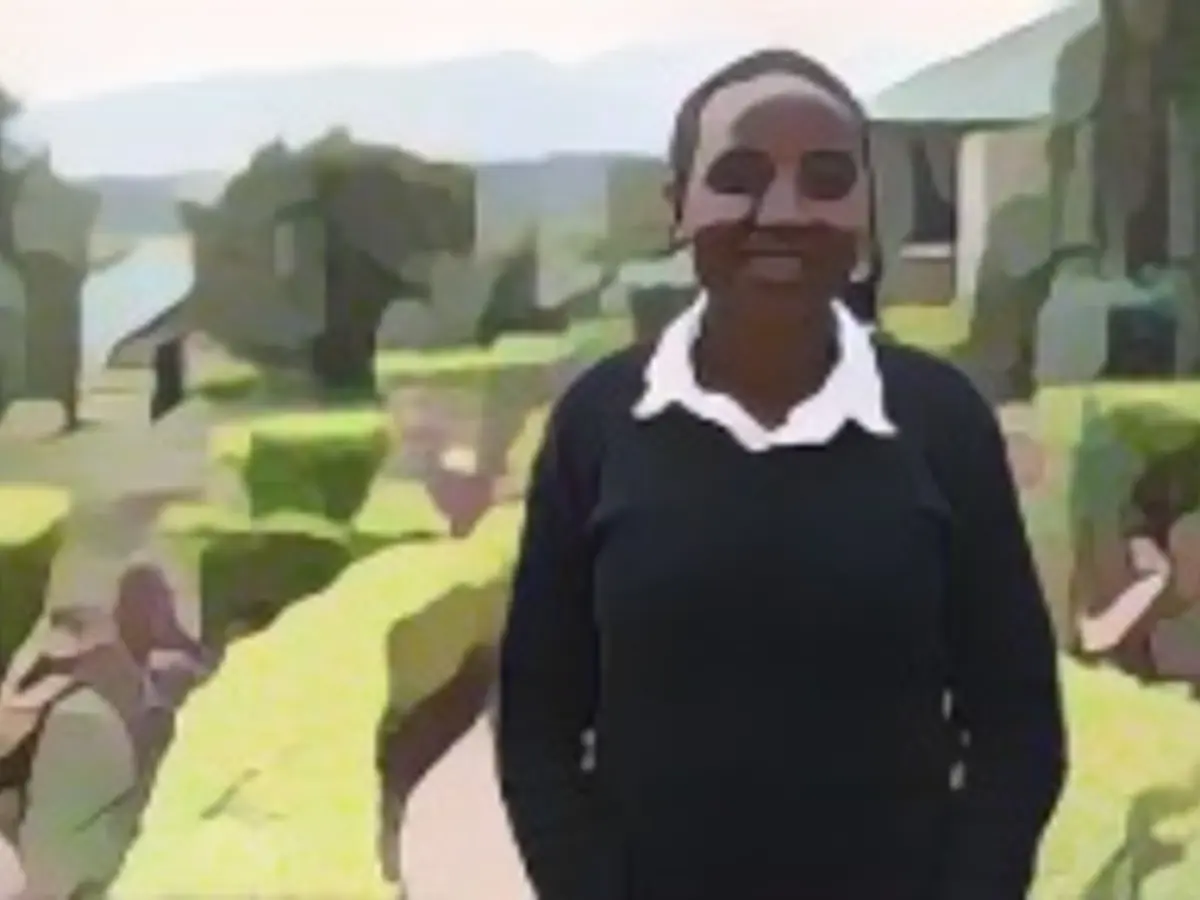For-Profit Orphanages: A Glaring Human Rights Conundrum
Voluntary work in for-profit orphanages has contributed to the proliferation of such institutions, in Kenya and other parts of the world. The ideal "buyers" are paying volunteers - well-meaning individuals who yearn to help. Orphanages capitalize on these good intentions, pretending to care for "orphan children." In reality, many of these organizations act as lucrative sources for sometimes unscrupulous operators, who recruit children for orphanages and exploit them financially.
Many children in Kenya are separated from their families due to various reasons, often not because no one is willing to care for them. Poverty forces many families to prioritize necessities over education, leaving children vulnerable. Even if a child is truly an orphan or requires protection, such institutions like orphanages should serve as temporary shelters of last resort, prioritizing family- and community-based alternatives.
The Kenyan government suspended the registration of new orphanages in November 2017, voicing concerns about the inappropriate placement of children in institutions and the possibility of child trafficking. A moratorium on registering new orphanages, known as Charity Children's Institutions (CCI) in Kenya, remained in effect.
Children are recruited by agencies from disadvantaged families, many who could care for their own children with appropriate assistance. After recruitment, children are often asked to pretend to be orphans, and even to sing and dance for volunteers, a form of forced panhandling. Many images and stories of children are misused online to solicit donations or attract paid volunteers. In some cases, children are intentionally placed in poor conditions to boost donations.
Regardless of the orphanage's charm, this practice has severe and painful consequences for children. Children raised in orphanages face long-term developmental, emotional, and psychological damage. Moreover, the constant change of volunteers can hinder the child's ability to form healthy future relationships.
Taking Accountability
At Stashili Foundation, we focus on finding solutions to the challenges of orphanage trafficking and family separation in Kenya. For years, we work with our Kenyan partners to support the Kenyan government's efforts to change how they care for children, advocating for changes so that children can grow up in families and communities.
To bring about lasting change, past volunteers are also encouraged to demand accountability. For instance, a lawsuit filed in Chicago by attorney Beth Fagan targets a religious organization accused of illegally amassing funds under the guise of charitable activities, including the exploitation of children, misleading volunteers and donors, and intimidating and threatening whistleblowers.
We can bring about change, starting with each of us committing to ending child exploitation in orphanages as soon as travel resumes. This means refusing to participate in orphanage tours, which increases the demand for such institutions, leading to child separation.
Instead, we should channel our passion and commitment towards helping vulnerable children by engaging in our schools, universities, churches, and community groups to support organizations that provide family-preservation solutions. We can also encourage the orphanages we support to advocate for change and utilize resources for safe family reintegration.
While battling this insidious problem, it's important to recognize that well-meaning volunteers and donors, despite their benevolence, inadvertently cause harm to children and families. Orphanages do not provide long-term, sustainable solutions. Instead, we must look for opportunities to bring children safely back to their families and communities.

Read also:
Although well-intentioned paid volunteers contribute to the proliferation of orphanages, the industry often takes advantage of their altruism. These organizations frequently objectify children, treating them as commodities to attract donations and funding, placing their interests above the children's needs. In many cases, child trafficking and corruption thrive in this environment. Some children, while not true orphans, are falsely labeled as such to justify their institutionalization.
Family-oriented supports, community-based care, prevention of institutionalization, and regulation and monitoring are viable alternatives that can help protect children's rights and secure families. By adopting these approaches, we can foster a system that prioritizes the well-being and rights of children rather than perpetuating their exploitation.
Source:
Enrichment Data:
- Commodification of Children: For-profit orphanages often treat children as commodities, leveraging their plight to attract donations and funding. This can result in the exploitation of children, where their necessities are overshadowed by institutional financial interests.
- Trafficking and Corruption: The orphanage industry can create an environment conducive to trafficking and corruption. Children may be deceptively recruited from rural areas, under the false promise of education and better living conditions, only to be exploited within the institution.
- Misrepresentation of Orphanhood: Many children in orphanages have living parents, but the term "orphan" is falsely used to justify their institutionalization. This misrepresentation obscures the realities of orphanhood and institutionalization, further perpetuating the exploitation of children.
- Family-Oriented Supports: Governments and organizations should invest in family-oriented supports, including preventing family separation, implementing family-based care, and providing essential aftercare services for children exiting care.
- Community-Based Care: Redirecting funding away from institutional care towards community-based alternatives ensures that children remain with their families. This approach includes supplying emergency supplies, rebuilding health and education systems, and establishing a robust child protection system.
- Prevention of Institutionalization: Supporting services that strengthen and sustain families can help prevent institutionalization. This includes addressing poverty, providing access to services for children with disabilities, and addressing other factors that contribute to family separation.
- Regulation and Monitoring: Ensuring that funding for orphanages and residential care institutions is regulated and monitored can prevent exploitation and protect children's rights. This includes restricting the usage of funding for building renovations and reallocating it towards family- and community-based care.







